Finding the Perfect Fit: How to Choose Venues for 50-300 Guests
Choosing the right venue for 50-300 guests is more than just finding a beautiful space—it’s about ensuring functionality, comfort, and efficiency. From capacity charts that don’t tell the full story to hidden costs in rental fees, there are critical factors that can make or break your event’s success. In this guide, we’ll break down realistic space planning, budget considerations, catering policies, and logistical must-knows to help you navigate venue selection like a pro. Whether you’re booking a hotel ballroom or a standalone venue, these expert insights will ensure you find the perfect fit for your event. Read on for venue selection strategies that set you up for success!
Sandy Yi-Davis
3 min read
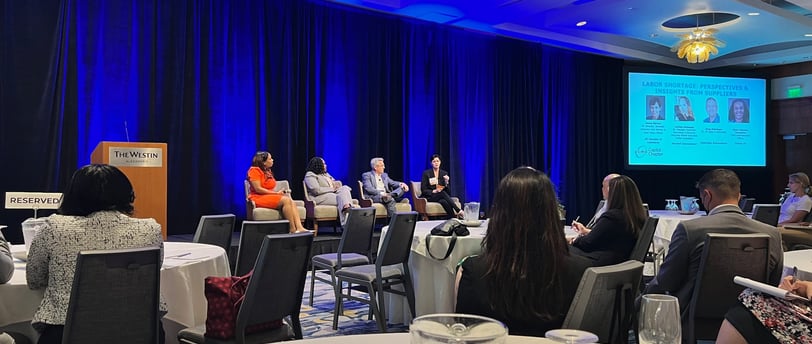

Selecting the right venue is one of the most crucial decisions in event planning. Whether you're working with a hotel space or a standalone venue, understanding the key factors that impact your event's success is essential. As an experienced event planner, I'll share the critical considerations that often get overlooked in the venue selection process.
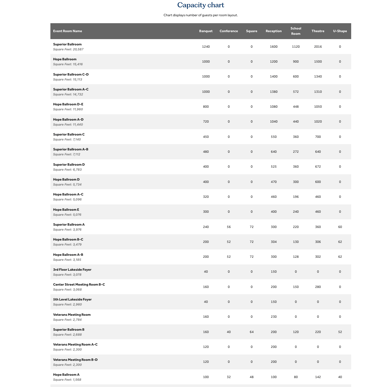

Understanding True Capacity
Don't take venue capacity charts at face value. These numbers typically represent maximum capacity without accounting for essential elements like food service, beverages, audiovisual equipment, or staging. A practical approach is to reduce the published capacity by 25% to get a realistic number. For instance, if a space chart shows a classroom-style capacity of 100 people (using 3 people per 6-foot table), plan for 75 attendees instead. This adjustment assumes a basic AV setup with a screen, projector, and podium.
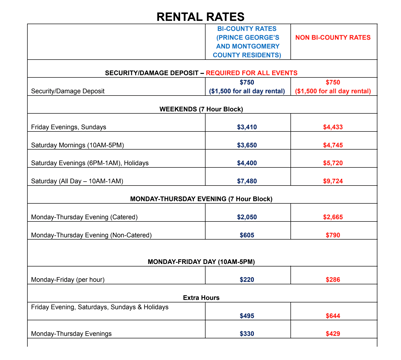

Venue costs fluctuate based on dates and seasons, following the basic principle of supply and demand. Consider this scenario: You're planning an evening reception at a museum that normally operates during daytime hours. If you schedule during their regular operating hours, you'll likely pay premium rates to compensate for lost revenue and setup time. However, booking on a day when the venue is typically closed might offer more room for negotiation, as you're providing additional revenue they wouldn't normally receive
Navigating Rental Fees
Included Amenities and Hidden Costs


Understanding what's included in your venue fee requires careful attention to detail:
Basic equipment like tables and chairs is often included, but quality and condition can vary significantly. Assess whether additional equipment or décor will be needed to achieve your desired aesthetic. The more services you can bundle with a single vendor, the better for both your budget and coordination efforts.
Catering Considerations
Venue catering policies typically fall into two categories:
In-house catering services
Approved external caterer lists
Most venues with in-house catering services won't permit outside caterers, as this impacts their staff and revenue. However, exceptions might be made for specific dietary or religious requirements. Always address these needs during the Request for Proposal (RFP) process.
Event Restriction - Know Before You Sign
Every venue has restrictions that may impact your event. These often go overlooked until it’s too late.
Consider these minimum setup windows for various event elements:
Food & Beverage: 2 hours pre-event
Basic AV: 4 hours
Complex AV: 6-8 hours or overnight setup
Decorations: 6-8 hours to full day, depending on complexity
Risk Management and Security
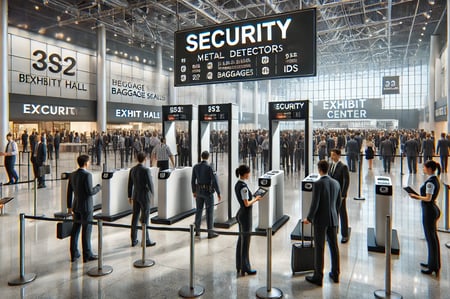

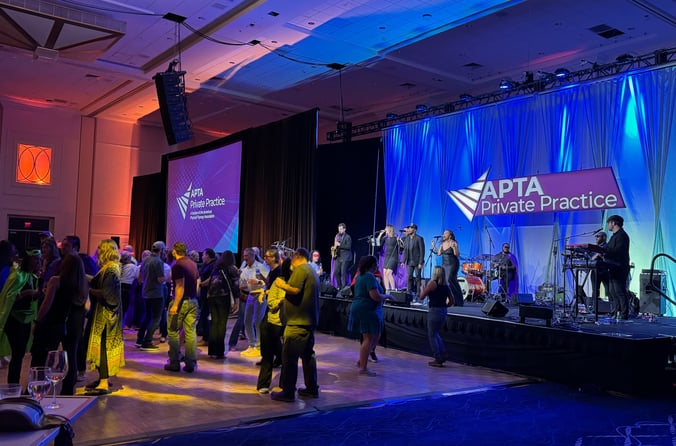

Event contracts must protect both parties. Key areas to address include:
Comprehensive cancellation policies (for both your organization and the venue)
Force majeure clauses
Compensation terms for venue-initiated cancellations
Total event budget coverage in damage calculations
Venue security protocols
Emergency procedures
Insurance requirements
Identification of venue team leads during your event
Creating Meaningful Events
Success in event planning goes beyond selecting an attractive space. Consider these crucial elements:
Traffic flow analysis to prevent bottlenecks
Emergency exit accessibility
Security staff positioning
Communication protocols between event team members
Remember, event planning requires a strategic approach that balances aesthetics with practicality. While designing beautiful experiences is important, ensuring guest safety and operational efficiency is paramount.
Contact our team today to explore how we can make your next event a success.
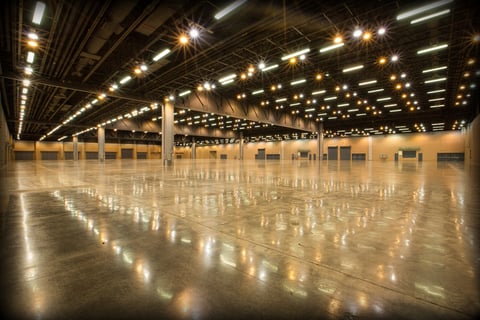

Additional logistical considerations include:
Building access outside regular hours
Loading dock availability and scheduling
Noise restrictions
Vendor coordination for load-out
Setup and teardown time constraints
